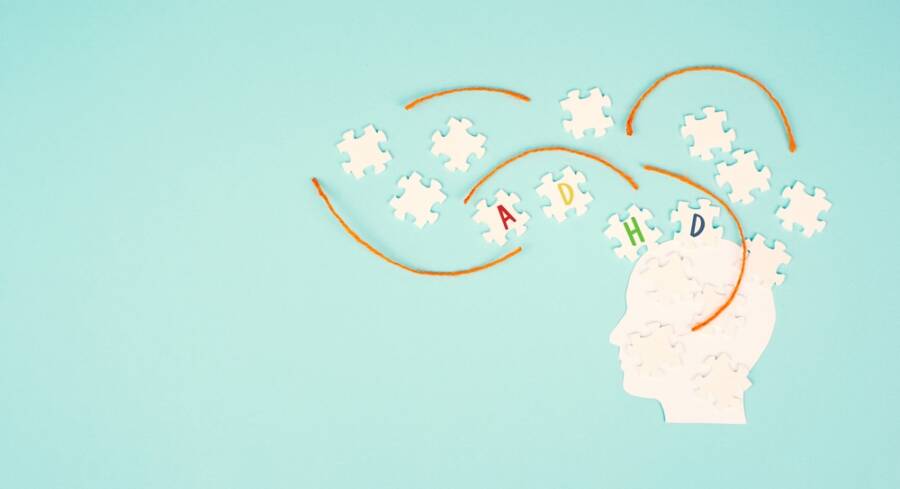
According to research, narcissistic personality disorder is present in 5% of the population in the U.S.
It’s just a small percentage, yet it’s something worrying! We’ve seen a lot of articles lately based on this topic, and if you’re a subscriber, you probably read many from our page too. However, we will be “sitting on it for a while” because it is a vast topic to investigate and the subject of many research papers.
This time around we will talk more about narcissistic personality disorder and what may cause it, how it affects a person’s self-esteem and identity, and most importantly, how they end up treating the others around them because of this condition.
It is generally acknowledged that a variety of factors can influence a person’s lifetime risk of developing NPD, and the possible causes of narcissistic personality disorder are listed below:
What is narcissistic personality disorder?
This term comes from the Greek, Narcissus, a hunter from mythology. The myth states that Narcissus was unable to stop staring at his reflection in a pool of water because his beauty so consumed him. Until he passed away, he did nothing but gaze at his reflection.
This is why people think that the term narcissism is associated with physical appearance, but in reality, this is just a tiny bit of what it really means. Intelligence, charm, artistic talent, athletic prowess, wealth, power, success, and more fall under the umbrella of what NPD is.
Furthermore, an excessive need to feel significant or impress others is a sign of NPD. That need may be powerful enough to motivate destructive actions that harm both you and those around you.










I have been married to the same man for 45 years, and he is definitely a narcissist. He is extremely controlling, doesn’t know how to apologize/provide encouragement//give compliments to me or our children. On the other hand, he is giving and has always been an amazingly generous provider.
I feel like my sister is narcissist person she has to have birth control of everyone and she doesn’t like someone knowing something more than she does she makes everybody kind of ignore that person when my father and mother made their trust well she forged my name and took my name off of it and then had 19 people be Witnesses which I wasn’t even there for it to get notarized then when my father died I wasn’t allowed any of the house I took everything she wanted before she allowed my brother to go in and then I wasn’t allowed to go in until after they sold the house and they had thrown all my stuff away she has caused so much trouble in the family it’s unbelievable she knows people so she kind of buys people thinking what you want so you do he put my mom in a nursing home she sold her house without my mother even knowing what she was signing she has done everything sneaky and when I catch up with what and confront her she ignores me tells me she’s me and then turns my brothers against me telling them she knows more than I do and not to trust me she took all my mother’s money she puts in septic systems for living her husband does she charge my mother which he owns a house right beside my mother she needed a new subject system too to hook up to the town well that’s what they do for a living so she’s like hers and she did my mother’s both at the same time with her company truck in your companies everything and then turns around and give my mom a bill of 40,000 she lies to people like crazy and when they capture and arrive she has another excuse she has not spoken to me in 10 years when I was going to my divorce she came to my house took all my ex’s stuff put him in her bed and throw out the door that’s not what I want it so when she said that I told her to get out of my house and I took all the stuff back again she lied under oath cuz she was never even there and my brother Craig is the witness that my father said I never ever leave he and dawned him my father told my brother that my sister lied on the stand and then I had not was not allowed to go near my parents at all and she called elderly abuse on me when that when sour on her she has nothing to do with my mother now that she’s in the nursing home she took off her money she will not answer to where all the money went of a sale of the house but I have no idea what to do haha to find out where all the money of the house went the house went for 550,000 in this not one thing around
Sorry this has happened to you. I’m sorry to say sometimes it’s best to walk away from people like this . Money isn’t everything nor is DNA. Leave your family behind you. Move far away and live your best life. You deserve to be happy. And please use periods when you write.
Excellent article.
Very educational article in this subject. It gives me a better understanding of this psychological condition and how to deal with it in my relationship with people suffering from this condition. Thanks for sharing.